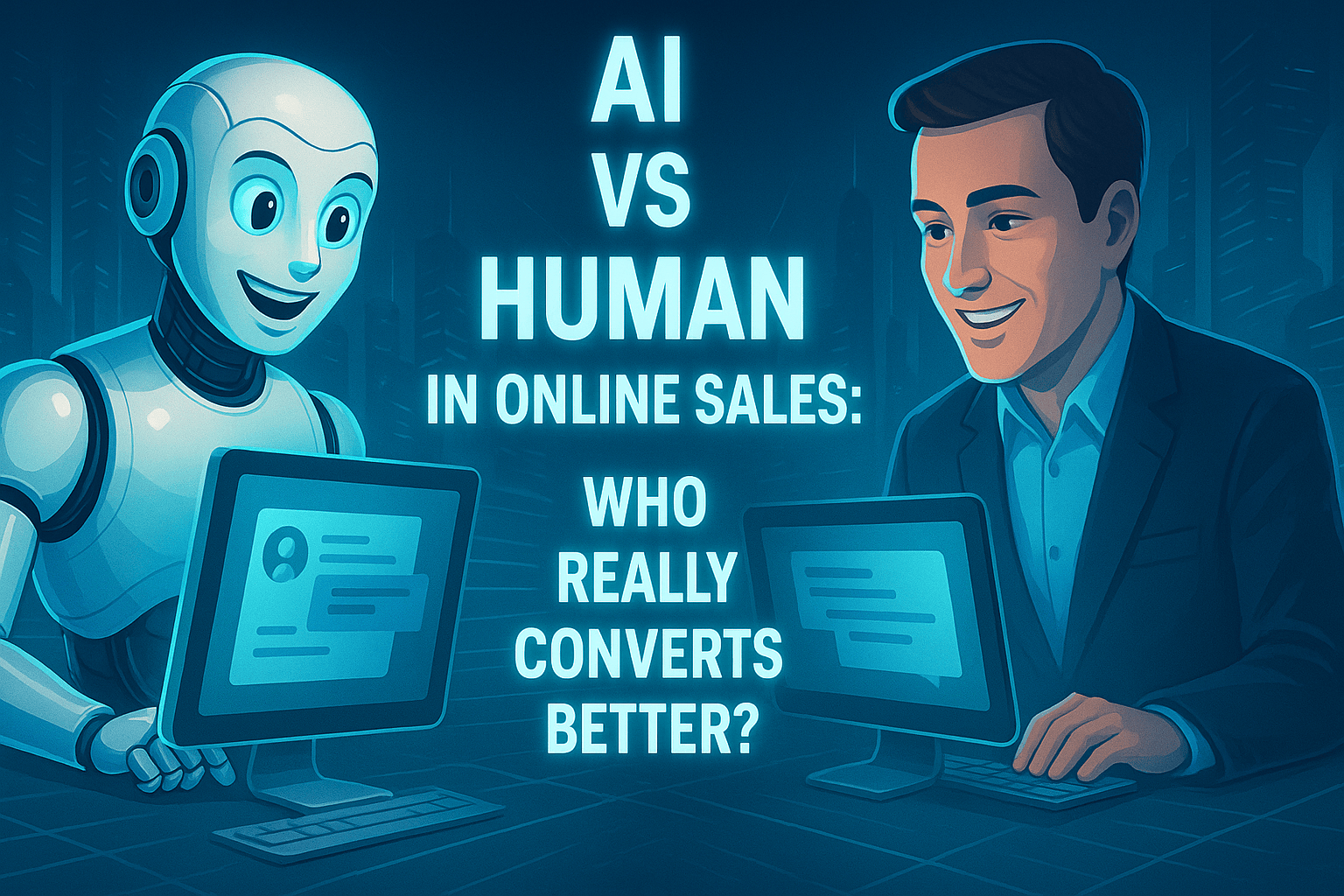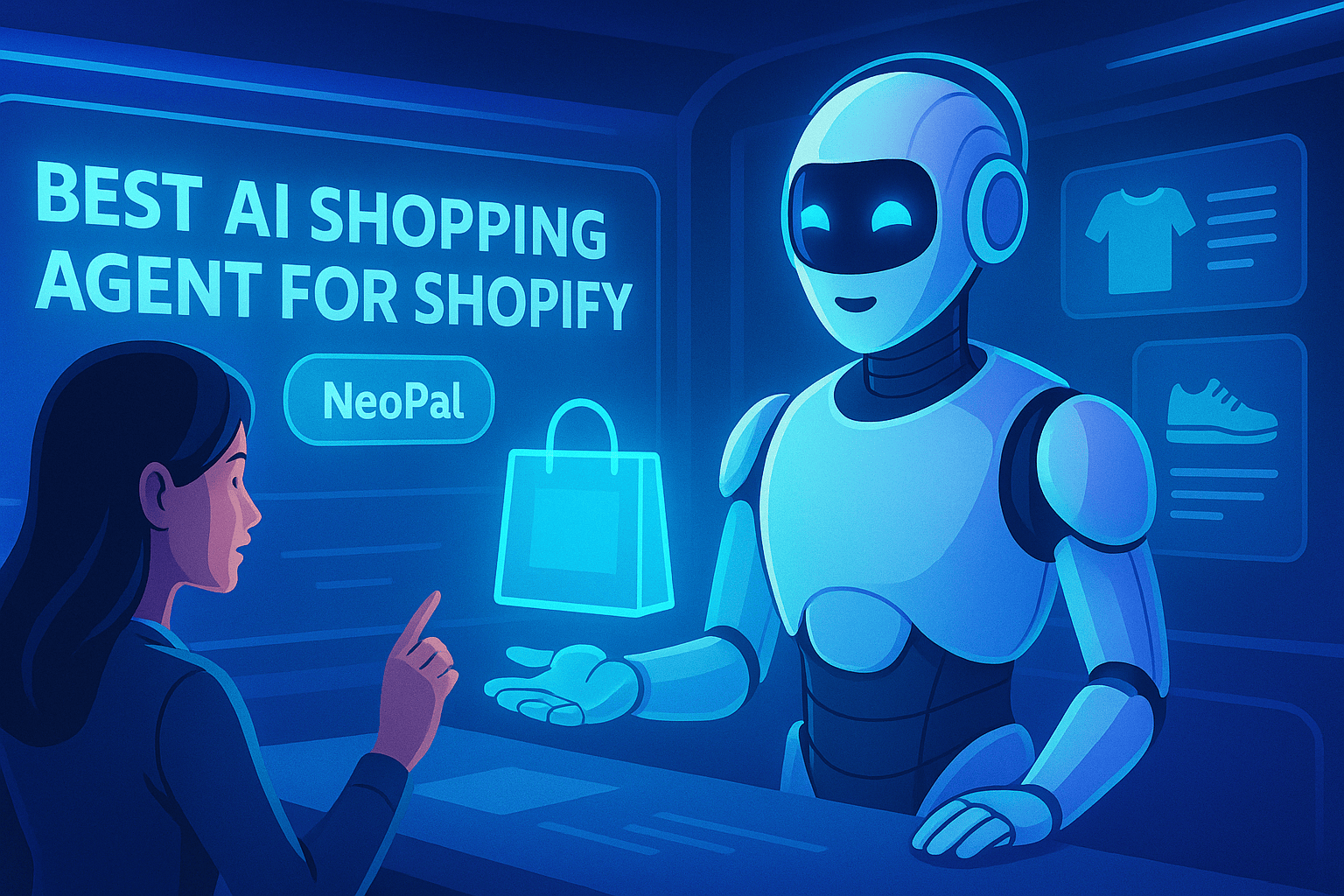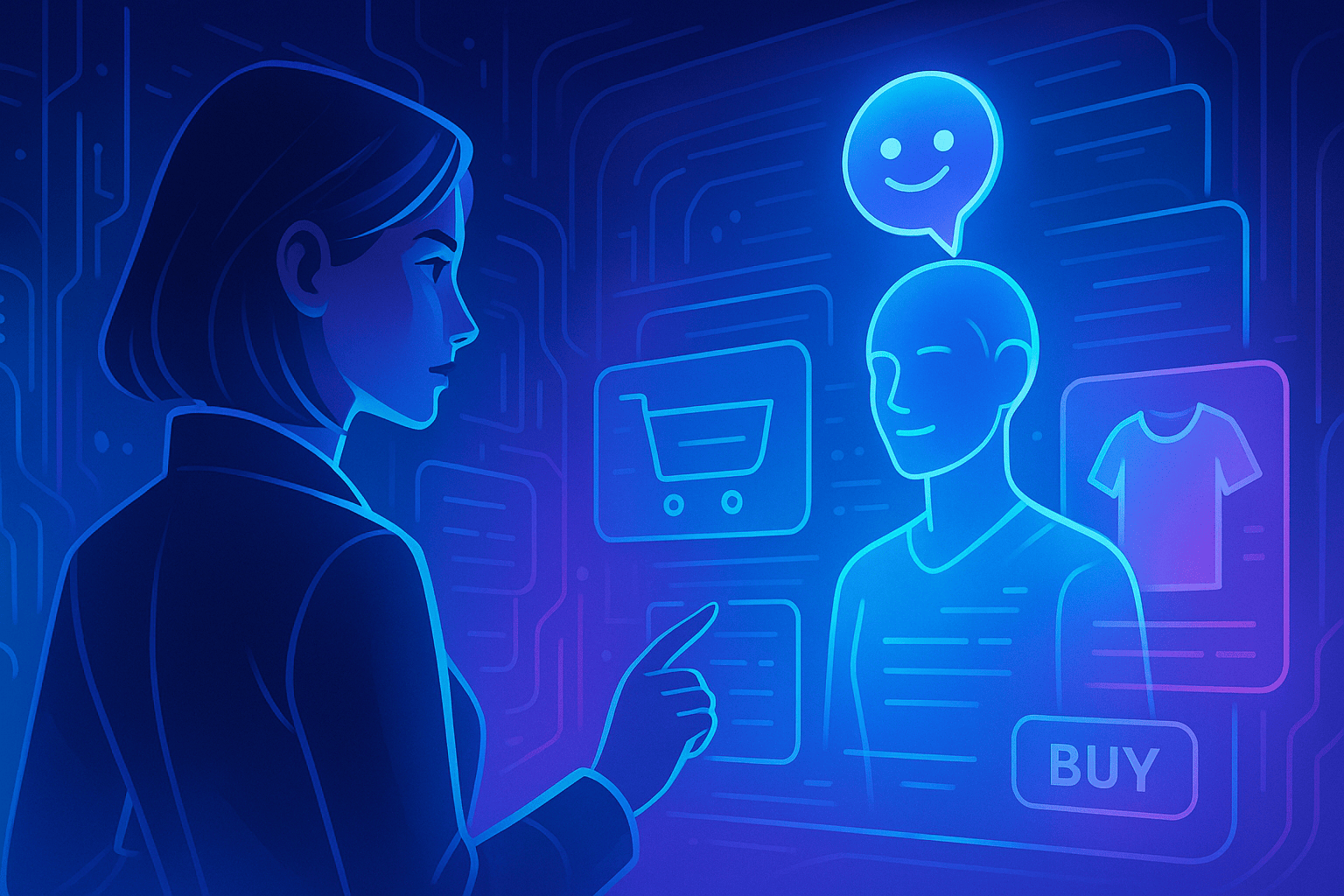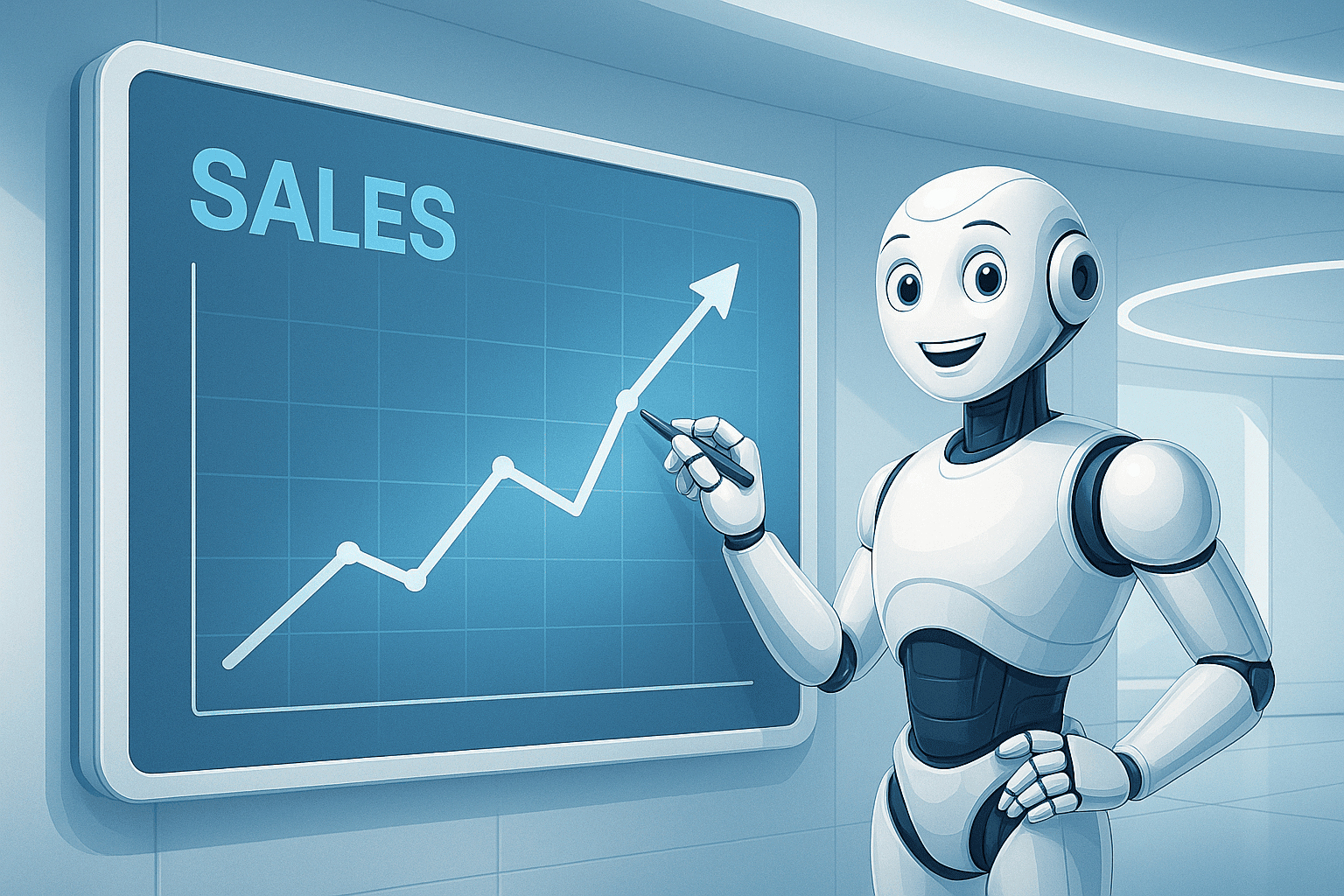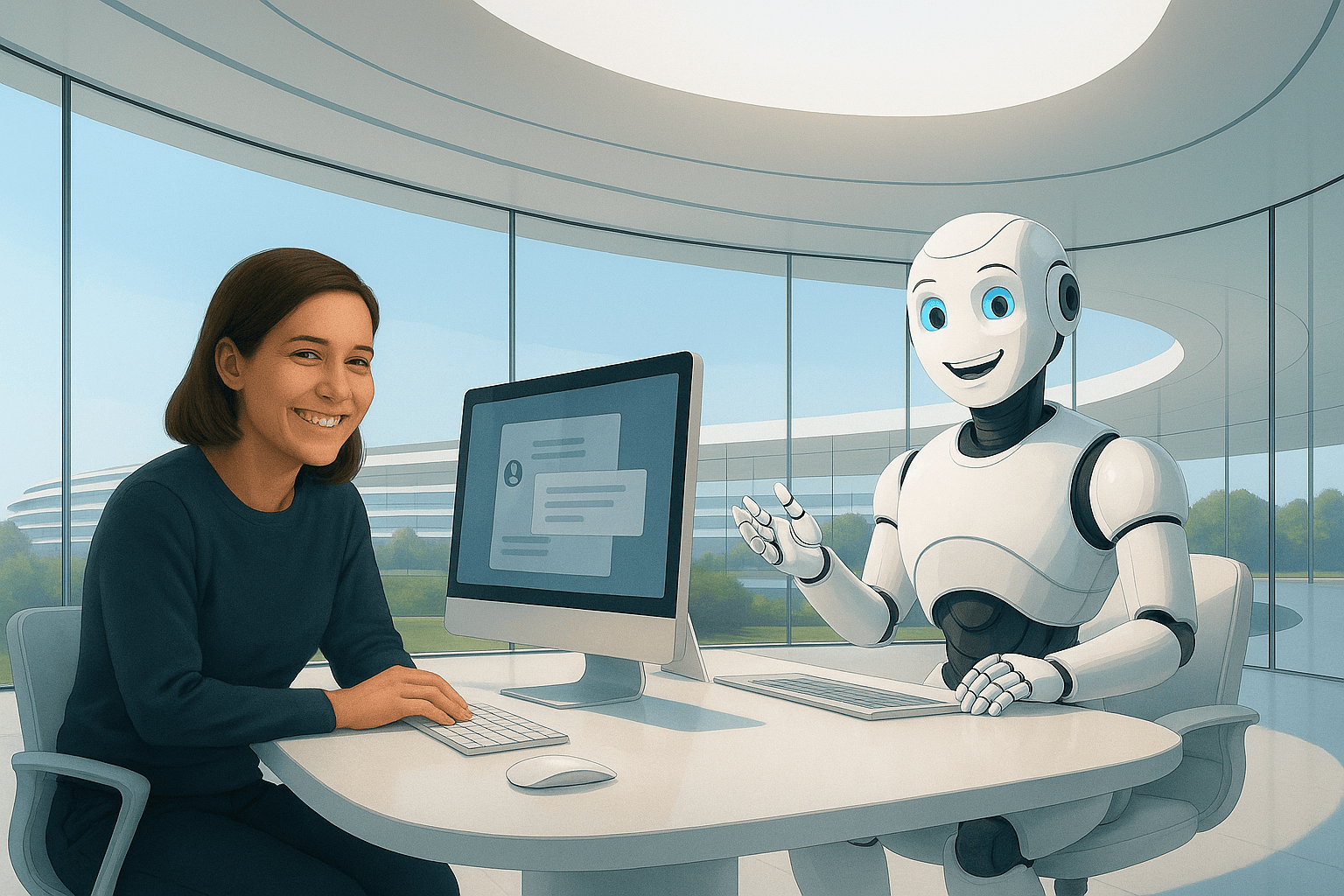AI vs Human in Online Sales: Who Really Converts Better?
The New Frontier of Selling: Humans vs Machines
Online commerce is undergoing a tectonic shift.
Not long ago, human sales reps were the heartbeat of customer conversion, handling objections, sensing emotion, and persuading with experience.
But with the rise of AI agents, AI assistants, and increasingly autonomous AI sales systems, businesses now face a critical decision:
Should the future of online sales belong to humans… or intelligent machines?
Let’s dive into the data, technology, and psychology of both sides.
What is an AI Agent vs AI Assistant in Sales?
AI Assistant:
- Task-specific
- Script-based or NLP-enhanced
- Used for FAQs, tracking orders, basic product search
- Think: Shopify Chatbot, Amazon Lex, Intercom Bot
AI Agent:
- Goal-oriented and autonomous
- Uses reasoning models, context memory, and real-time data
- Performs like a true sales rep: qualifies, recommends, negotiates, closes
- Think: NeoPal, Replika AI for commerce, custom GPT-based shopping agents
The key difference?
An AI assistant helps.
An AI agent sells.
AI Sales Performance vs Human Sales Reps
According to a 2024 study by McKinsey Digital, companies deploying AI sales agents in live environments reported:
- +38% conversion lift over human-only chat
- −57% average response time
- +22% increase in AOV (Average Order Value)
- Better scalability across time zones and languages
But humans still retain an edge in:
- Handling emotional objections
- Building high-trust relationships in complex sales
- Creative problem solving beyond structured flows
The Psychology of Trust: Who Do Customers Prefer?
A recent UX study by Baymard Institute reveals:
71% of Gen Z and Millennials are comfortable being guided by an AI agent during their purchase, if it:
- Remembers preferences
- Responds instantly
- Provides personalized suggestions
But among Gen X and Boomers, human agents still command more trust, especially for high-ticket or emotionally nuanced purchases.
Conclusion: Trust depends on audience, context, and execution quality.
Real-World Example: AI Agent in Action
Before AI Agent:
- User lands on a site, uses filters, reads 3 product pages, adds to cart, leaves
With AI Agent (like NeoPal):
- AI recognizes visitor behavior
- Opens a contextual conversation
- Asks: “What are you shopping for today?”
- Understands need → Recommends product → Applies discount → Closes sale
→ Net result: Faster conversion, higher relevance, and better customer experience.
So, Who Wins: AI or Humans?
Verdict:
For transactional or semi-complex online sales, AI agents already outperform human reps in speed, personalization, and ROI.
Humans are still essential in high-consideration B2B or luxury sales, but the gap is closing.
The Future of AI Sales: Hybrid Teams
We are entering the era of hybrid sales teams:
- AI agents qualify and convert at scale
- Human agents step in for nuance, VIP support, or escalation
This synergy between AI assistants, AI agents, and human reps will define the most successful brands of the next decade.
Final Takeaway
AI isn’t here to replace your best salesperson. It’s here to become your most consistent one.
And in the race for online sales dominance, the brands who embrace autonomous AI agents — trained to understand, reason, and close — will win more customers, more often, with less effort.
